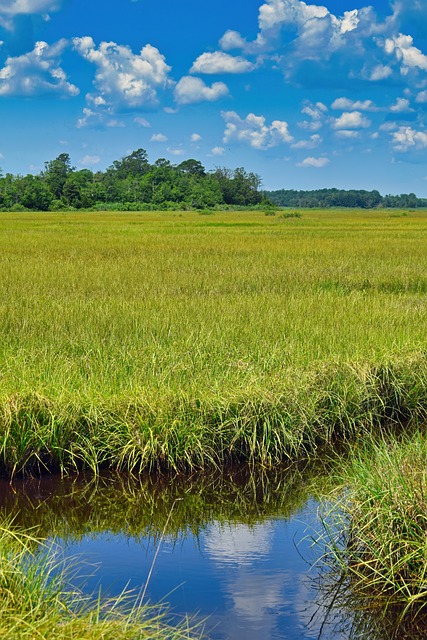
by Bill Schlesinger
Rolling, rolling, rolling on the river
Proud Mary by Credence Clearwater Revival, 1969
When the U.S. Supreme Court, now with a largely Trump-appointed conservative majority, overturned the Roe vs. Wade precedent, a woman’s right to choose was elevated to the highest level of political debate. Less obvious was a recent decision to grant immunity to the President for most actions taken in office, including attempts to overturn an election, bring rivals to justice, and steal classified documents.
Lower levels of media attention have accompanied yet another decision, Sackett vs. the EPA, that effectively stripped Federal protection from much of the 90 million acres of wetlands in the United States. People who enjoy hunting and fishing should be outraged. We have Trump to thank for all these backward steps for society.
Despite widespread recognition that wetlands are essential for wildlife, carbon storage, and the regulation of flood waters and storm surges that may impact them, the Supreme Court has opened most upland wetlands to development and pollution. Specifically the Court removed protection of what are known as ephemeral wetlands—those that are fed solely by rainfall and flowing only sporadically after rainfall events. Only wetlands that have a continuous surface manifestation are subject to protection.
Seemingly ignorant of Newton’s laws of gravity, the Court overlooks that water flows downhill, so that pollutants dumped into an ephemeral waterway will eventually make their way downslope to wetlands still protected by law. More than half of the river water in the continental U.S. is derived from ephemeral streams, which are especially prevalent in the western United States. Indeed, globally, only about 1% of the flow of rivers is derived from groundwater
Environmental science, even well-established concepts, has been politicized. In a few weeks, we will have an opportunity to ensure that no further inroads are made against women’s health and wetland protections. Be part of the solution.
References
Brinkerhoff, G.B., C.J. Gleason, M.J. Kotcher, D.A. Kysar, and P.A. Raymond. 2024. Ephemeral streamwater contributions to United States drainage networks. Science 384: 1476-1482.
Gold, A.C. 2024. How wet must a wetland be to have federal protection in post-Sackett US? Science 385-1450-1453.
Schlesinger, W.H. and E.S. Bernhardt. 2021. Biogeochemistry: An analysis of global change. Elsevier, NY